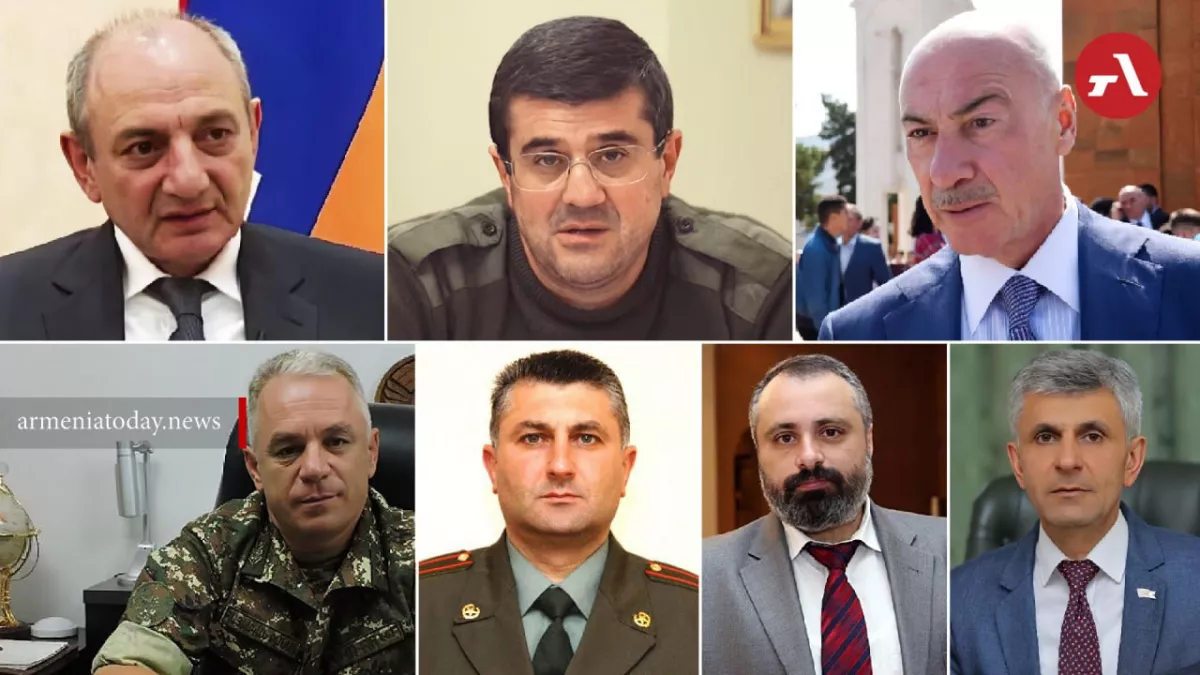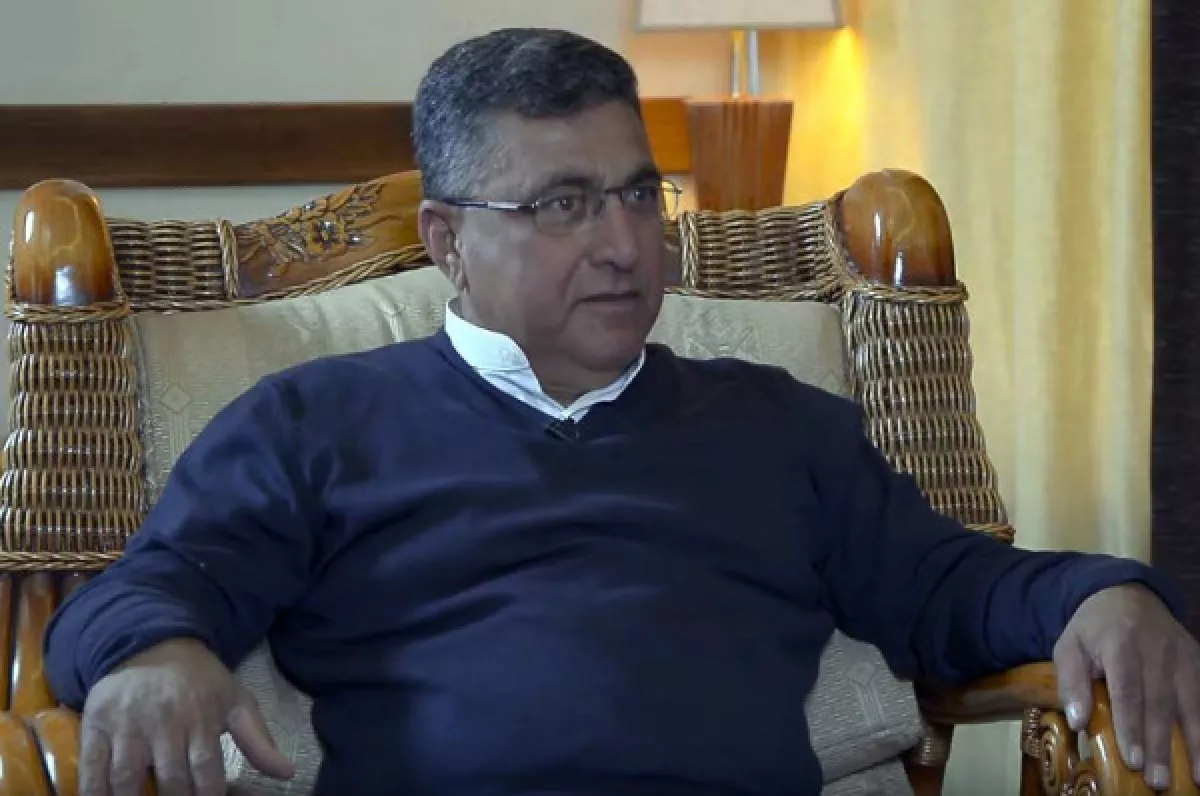France's alarming legacy: Justifying Armenian terrorism Yerevan, Paris team up for another anti-Azerbaijani move
Recent developments indicate yet another provocation orchestrated by Armenia and France against Azerbaijan, hindering the peace agreement between Baku and Yerevan. Former Armenian Ombudsman Arman Tatoyan, director of the Law and Justice Center of the Tatoyan Foundation, along with Karabakh separatist Artak Beglaryan and American attorney Garnik Kerkonyan, held a meeting in Paris with several members of the French National Assembly and Senate. This gathering was facilitated by the Armenian Committee of France, with representative Anahit Hakobyan playing a key role. Discussions included notable figures such as Isabelle Santiago, a deputy in the National Assembly; Gilbert-Luc Devinaz, chair of the Armenian-French Friendship Group in the Senate; Senator Valerie Boyer; and other legislators. It was evident that unfounded accusations against Azerbaijan were prominent during these discussions.
Specifically, the attendees discussed the “mandatory release and return of Armenian captives and hostages illegally detained in Azerbaijan,” alleging that these individuals are being subjected to torture and threats to their lives. This refers, in particular, to former leaders of the Karabakh junta, who are facing serious criminal charges. The Azerbaijani General Prosecutor's Office has initiated criminal cases against 15 separatists, placing them on an international wanted list. Among those named are Arkady Ghukasyan, Bako Sahakyan, Araik Harutyunyan, David Babayan, David Ishkhanyan, Leva Mnatsakanyan, David Manukyan, and Ruben Vardanyan. They are accused of terrorism, financing terrorism, establishing illegal armed formations, and conducting exercises for terrorist purposes. In June of this year, it was reported that the investigations into their cases have concluded, and a fair trial is anticipated. Against this backdrop, there are troubling attempts to portray those charged with egregious crimes in a “heroic” light.

Several troubling examples come to mind regarding the glorification of individuals in Armenia who have committed acts of violence against the Azerbaijani civilian population, as well as international terrorists like Monte Melkonian. Notably, France has previously made concessions to groups demanding the release of terrorists responsible for their heinous acts on French soil.
One such example is Varuzhan Karapetyan, a member of the Armenian Secret Army for the Liberation of Armenia (ASALA). On July 15, 1983, Karapetyan planted a bomb in a large suitcase in front of the Turkish Airlines counter at Orly Airport in Paris, resulting in the deaths of eight individuals and injuring 55 others. His actions constituted a horrific crime, and it was unsurprising when, on March 3, 1985, a jury convicted him of terrorism and sentenced him to life imprisonment. However, in 2001, he was granted early release and deported to Armenia, where he was welcomed with a meeting with the then Prime Minister Andranik Markarian.
These incidents highlight France's troubling willingness to justify Armenian terrorists and the state-level support for terrorism in Armenia.

The situation remains tense today, as France continues to support Armenian revanchism, which appears willing to resort to terrorism as a means to achieve its objectives. France provides backing to both the Armenian opposition and the current authorities.
Regarding the demand for the release of former leaders of the Karabakh junta, it is important to highlight that Armenian National Assembly Speaker Alen Simonyan previously stated that the issue of Armenians detained in Azerbaijan is not included in the draft peace agreement between Yerevan and Baku. Despite this, various provocateurs, including individuals like Tatoyan, persist in their demands, seemingly bolstered by their French allies.
The invitation extended to those advocating for "granting special status" to the temporarily occupied territories of Azerbaijan, even after Armenia's defeat in the 44-day war, serves as a clear example of a crude yet unsurprising provocation against our nation. During this meeting between Armenian provocateurs and their French supporters, discussions emerged regarding the potential return of Armenians to the liberated territories of Azerbaijan. Notably absent from these conversations was any acknowledgement of the need for the return of the hundreds of thousands of Azerbaijanis who were expelled from Armenia in the late 1980s. Additionally, it's essential to highlight that these Armenians resided illegally in the temporarily occupied regions of Azerbaijan, holding passports from the occupying state, Armenia.
The Armenian side and its French allies have consistently employed a strategy of obscuring the truth while perpetuating falsehoods. Historically, this approach has proven ineffective, and it is likely to yield similar outcomes now and in the future.








